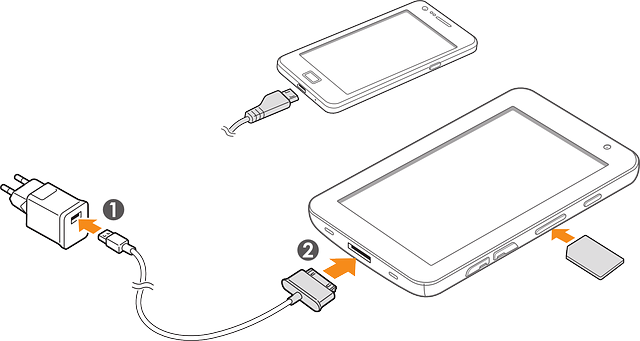Automated calling systems, especially those using autodialers, are widely adopted by local businesses in San Antonio for audience engagement but must comply with strict legal guidelines, primarily consumer protection and privacy laws like South Africa's Telemarketing Act and the US Telephone Consumer Protection Act (TCPA). Law firms assisting clients with autodialer usage need to understand these regulations to avoid fines and reputational damage. Organizations face increasing legal challenges in San Antonio and Texas related to TCPA violations, misrepresentations in pre-recorded messages, and consent management issues. Seeking guidance from an autodialer law firm in San Antonio is vital for navigating this complex regulatory environment.
Navigating legal disputes related to automated calling systems, or autodialers, is a complex task, especially for local organizations based in San Antonio. With the increasing prevalence of autodialers in marketing and outreach efforts, understanding their legal implications becomes crucial. This article guides you through the intricacies of autodialer regulations in SA, highlights common legal disputes, and offers strategies for effective navigation and resolution, tailored for local law firms seeking to stay ahead. Discover expert tips on managing these challenges with confidence.
Understanding Automated Calling Systems and Their Legal Implications in SA
Automated calling systems, often employing autodialers, have become a common tool for local organizations in San Antonio to reach their audiences. While these technologies offer efficient marketing and communication solutions, they also raise legal considerations that businesses must navigate carefully. In South Africa (SA), the use of automated calls is regulated by various laws, primarily focusing on consumer protection and privacy rights.
Understanding the legal implications is crucial for any law firm assisting clients in San Antonio who utilize autodialers. The Telemarketing Act and related regulations govern how organizations can make automated calls, including restrictions on call frequency, content requirements, and opt-out provisions. Non-compliance can result in significant fines and damage to a company’s reputation. Thus, local businesses should ensure their practices adhere to these laws to avoid legal disputes and maintain customer trust.
Common Legal Disputes Arising from Autodialer Use
In the fast-paced world of automated communication, legal disputes arising from the use of autodialers in San Antonio and across Texas are becoming increasingly common. Organizations often rely on automated calling systems to reach potential clients or customers, but these technologies can inadvertently lead to legal issues. One primary concern is the violation of telephone consumer protection laws, such as the Telephone Consumer Protection Act (TCPA). This act strictly regulates telemarketing practices, including the use of prerecorded messages and autodialers, to prevent unwanted calls and protect consumers’ privacy.
Another common dispute involves misrepresentations or misleading information conveyed through autodialers. When automated systems leave pre-recorded messages, ensuring the content is accurate and does not mislead recipients is crucial. Moreover, consent management is a significant aspect of TCPA compliance. Organizations must obtain proper consent from individuals before placing automated calls, and failure to do so can result in substantial fines. Legal battles often arise when there’s a dispute over the validity of consent or when callers target individuals who have explicitly requested not to be contacted.
Strategies for Effective Navigation and Resolution in San Antonio Law Firms
Navigating legal disputes related to automated calling systems, often involving autodialers, requires strategic expertise within San Antonio’s legal community. Law firms specializing in this area must possess a deep understanding of telecommunications regulations and consumer protection laws. An effective strategy involves promptly addressing client concerns regarding unsolicited calls, ensuring compliance with the Telephone Consumer Protection Act (TCPA). This includes obtaining explicit consent from recipients for automated dialing campaigns, which can be a complex yet crucial aspect.
San Antonio law firms should also foster open communication with clients to gather detailed information about their experiences. By documenting call patterns, frequency, and any perceived harm, attorneys can construct robust legal arguments. Additionally, staying updated on relevant case law and industry developments related to autodialer litigation is essential for successful dispute resolution.






